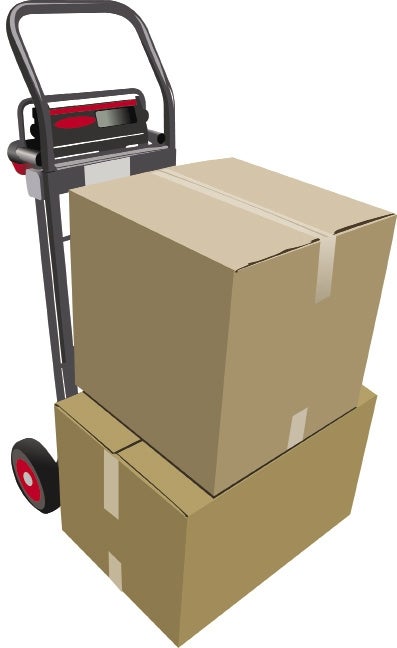We receive numerous calls every day from employers seeking “liability insurance.” Generally, the caller already has insurance and is looking for coverage for loss or damage that occurs during loading or unloading of vehicles. This coverage is not necessarily for their customers’ property, but to guard against the possibility of injury or death to third parties or loss or damage to third-parties’ properties. Picture a one-ton piano being hoisted out of a third-floor window into a truck. The cable suddenly snaps and the piano lands on a car or its owner. Either way; no coverage and lawyers get rich.
In all states, damage or injury is covered by commercial automobile insurance. The question is whether the state where the accident occurred follows the “complete operations” or “coming to rest” doctrine.
For all movers, whether conducting all operations in one state or across state lines, two insurance policies are recommended: automobile and commercial general liability. Here are the differences:
Automobile Insurance
• Omnibus Clause. This policy extends coverage to “anyone using, with your permission, a covered auto you own, hire or borrow.
• Handling of Property. This covers you for bodily injury or property damage resulting from the handling of property, before it’s moved from the place where it’s accepted by the insured to move into or onto the covered vehicle, or after it’s moved from the vehicle to its ultimate point of delivery.
Commercial General Liability
• The loss must take place in the “coverage territory,” which includes the entire U.S.
• Claims involving aircraft, auto or watercraft are excluded. This means that bodily injury and property damage resulting from the operation of an aircraft, automobile or boat will not be paid under a commercial general liability policy. A business owner would need to purchase a specific policy, such as a boat policy, to cover these claims.
• Bodily injury or damage to property — aside from what is being loaded or unloaded — arising out of the use of any vehicle, is covered.
So, what’s the difference between loading and unloading? It means the handling of property after it’s moved from the place where it’s accepted for transport, while; it’s in or on a vehicle, and while it’s being moved from a vehicle to its destination. However, it does not include the movement of property by means of a mechanical device, other than a hand truck that’s not attached to the vehicle. An example of an uncovered device is a forklift, hoist or crane.
The long and short of it is this: Always protect yourself by having both auto and CGL insurance coverage. And, whenever possible, always have both policies with the same insurance carrier: this will prevent each insurance company from pointing to the other for coverage. By having your policies with the same carrier, they must pay a claim whether they consider it automobile or general liability, and it keeps you out of the middle.
______________
Robert Mucci is a vice president with Wolpert Insurance Agency of Worcester. You can contact him at rmucci@wolpert.com.
Read more

